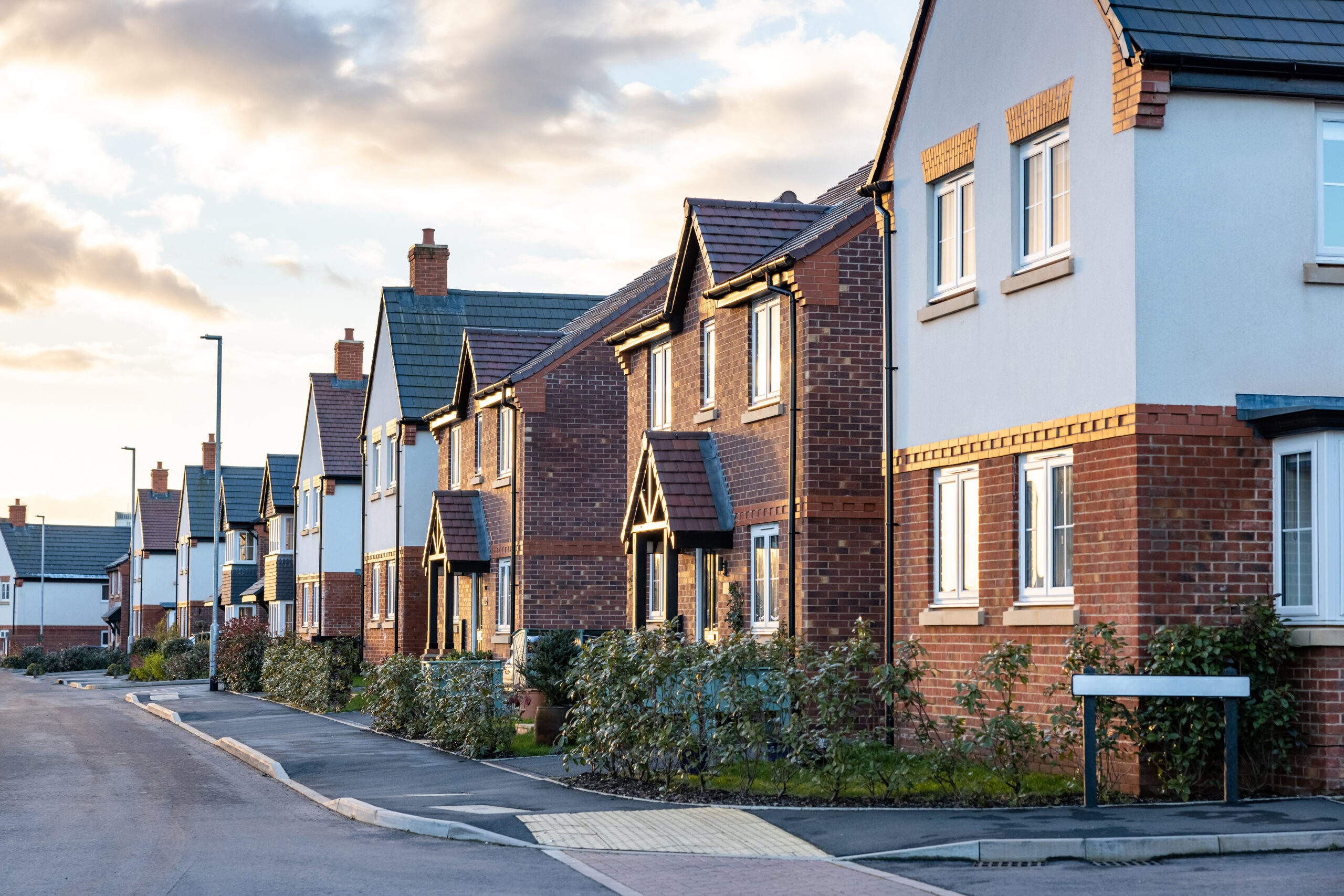Since July 2021, the stamp duty holiday has been phasing out with reduced rates. However, from the 1st October 2021, stamp duty will return to the original rates. Because of this, it’s thought that houses prices could dip.
The stamp duty holiday
The stamp duty holiday was originally due to finish at the end of March 2021. However, it was extended until the end of September. This is how the holiday has been phased out:
- March – 30 June 2021: no tax to pay on the first £500,000 of property purchases in England and Northern Ireland.
- 1 July – 30 September 2021: tapering means no stamp duty on a residential property bought for up to £250,000.
- 1 October 2021 onwards: the nil rate band will return to the standard amount of £125,000.
The aim of the holiday was to give a boost to a housing market that had ground to a halt by offering a stamp duty break on the first £500,000 of the purchase price of a property in England or Northern Ireland. The most that you could save due to the full stamp duty holiday was £15,000 on the purchase of a new home.
As a result, the stamp duty holiday has been credited as being a significant contributor to the big rise in house prices that have been seen during 2020 and into 2021, as many people have rushed to beat the stamp duty deadline date.
What to expect after the 30th September 2021
From the 1st October 2021, the stamp duty threshold will return to pre-Covid levels. This is as follows:
- Up to £125,000 – no stamp duty tax applied
- The portion between £125,001 and £250,000 – 2%
- £250,001 and £925,000 – 5%
- £925,001 and £1.5m – 10%
- Above £1.5 million – 12%
First-time buyers in England and Northern Ireland already had a holiday, paying no stamp duty on properties up to £300,000 (and 5% up to £500,000). If first-time buyers buy a home for more than £500,000, then you will be expected to pay the standard stamp duty rates as stated above.
Houses prices after the 30th September
It is never easy to predict the impact of any one measure on the property market because there are so many moving parts. But it’s thought that the end of the stamp duty holiday could prompt a dip in property prices.
This is because there will be less demand from people who are desperate to buy homes before the stamp duty deadline so they can save thousands of pounds in tax. October also marks the end of the furlough scheme. This means that there could be a rise in job losses, which could also slow down the market and cause prices to drop.
The average house price increased by 13% in the year to June, reaching a high of £245,432, according to the latest Nationwide house price index. With that said, lack of housing supply continues to drive up prices as buyers compete for a scarce number of homes. This should cushion the fall if house prices do drop.
If you would like to discuss this further with a member of our team, don’t hesitate to get in touch.



